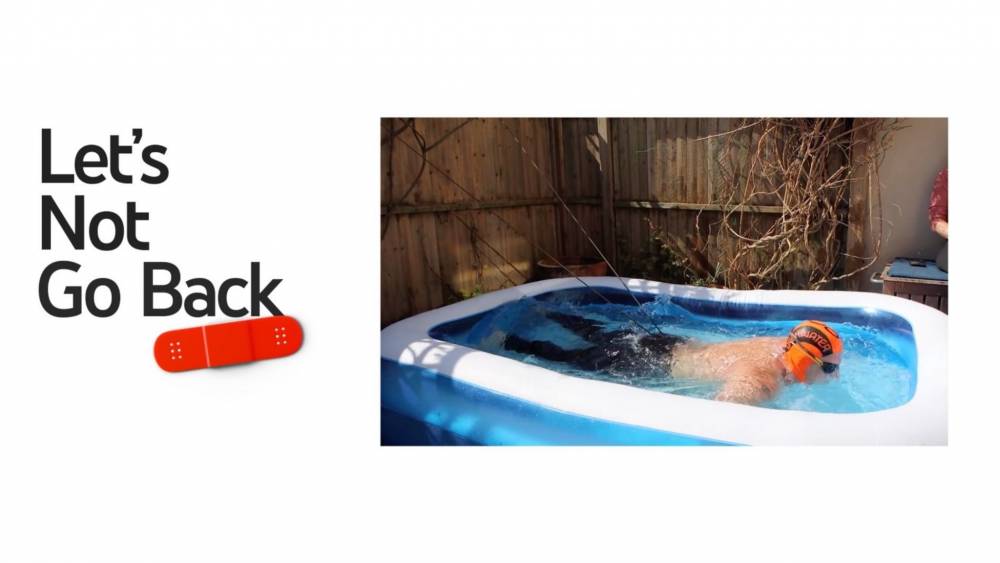
Covid-19: YouTube launches vaccination ad campaign
Covid-19: YouTube launches vaccination ad campaign
YouTube has launched a multimillion-pound advertising campaign to encourage young people in the United Kingdom to get Covid-19 vaccinations.
It stated that the partnership with the NHS would include advertisements on buses, billboards, bus stops, and YouTube, which would be paid for by the video-sharing platform.
YouTube has been chastised for its tardiness in putting an end to the spread of coronavirus misinformation. However, it stated that it had removed 900,000 Covid-19 videos that violated its terms of service.
The campaign's slogan will be "Let's Not Go Back," and it will highlight group activities and events - such as concerts - that will be possible following the pandemic.
Ben McOwen Wilson, managing director of YouTube in the United Kingdom, said he wanted to avoid "vaccine ambivalence" among young people as life resumes normalcy over the summer.
He claimed that the video-sharing platform had a "massive reach" among under-35s and was capable of communicating with them in a lighthearted and non-preaching manner.
Change of Policy
YouTube changed its policy in October to prohibit misleading claims about the coronavirus vaccine.
However, it continued to face criticism for its role in the spread of disinformation.
The Center for Countering Digital Hate (CCDH) published a report in March stating that "anti-vaccine activists on Facebook, YouTube, Instagram, and Twitter collectively reach over 59 million followers, making these the largest and most influential social media platforms for anti-vaxxers."
Mr McOwen Wilson stated that the coronavirus pandemic had "moved quickly" and that YouTube's policies had been reviewed on a regular basis in collaboration with information partners such as the National Health Service and the World Health Organization.
He claimed that the platform had removed 900,000 videos that violated its coronavirus misinformation policies and that banners linking to authoritative sources of information had been clicked 500 billion times.
Dr Nikki Kanani, NHS England's medical director for primary care, said: "It's fantastic to have support from platforms like YouTube reassuring people that the vaccine is safe, simple, and effective."
"I strongly encourage everyone to schedule a vaccine appointment if they are eligible."
YouTube has a history of being ahead of the curve when it comes to enacting policies to combat harmful anti-vaccine content.
And this is another novel - and, some would argue, long overdue - initiative.
Because young people are more active on social media sites, they are more likely to come across conspiracies and falsehoods online.
I've been studying the impact of anti-vaccine content online for months, and there's no doubt that the very conspiracies that may have exacerbated vaccine hesitancy among young people have spread via sites like YouTube.
Several popular influential users who promote harmful vaccine myths have grown their followings on YouTube over the last year – and the site has come under fire for acting on those accounts only recently.
Their conspiracy theories, including those about fertility, have frequently been directed directly at younger women in an attempt to scare them away from the vaccine.
While such a campaign may serve to reinforce the science behind vaccines and the importance of collective immunization, it may struggle to undo the damage caused by emotive anti-vaccine propaganda to which younger social media users have been repeatedly exposed.

